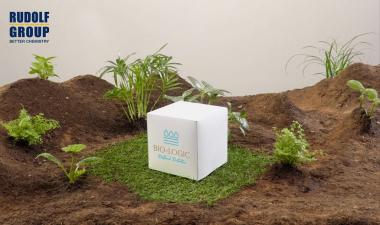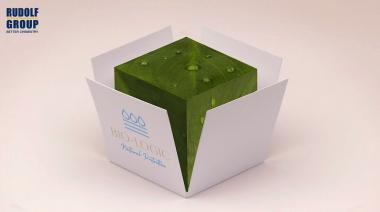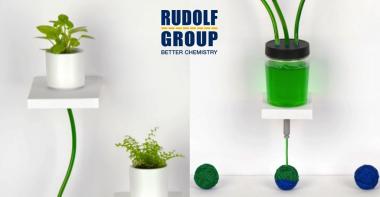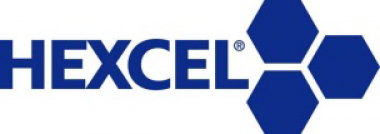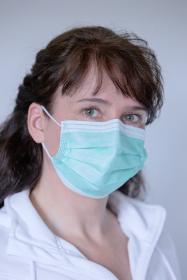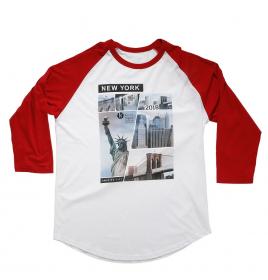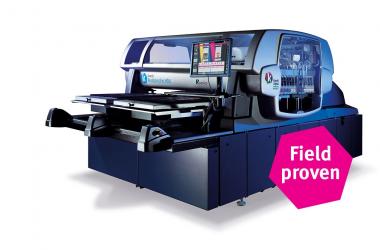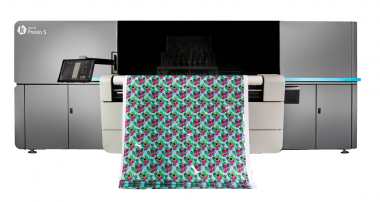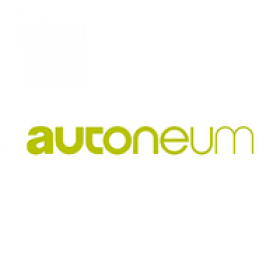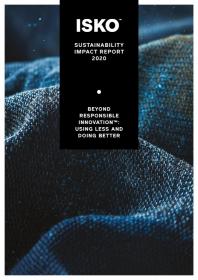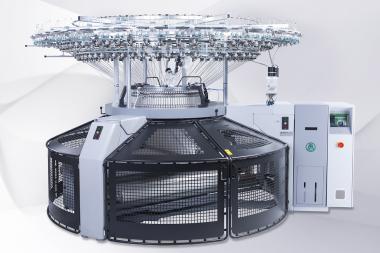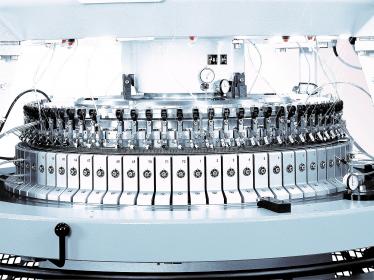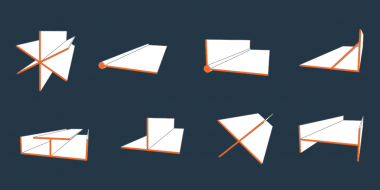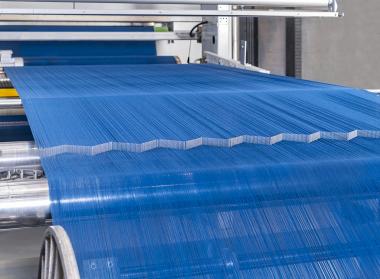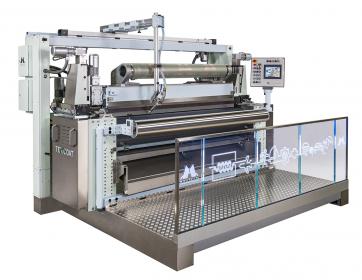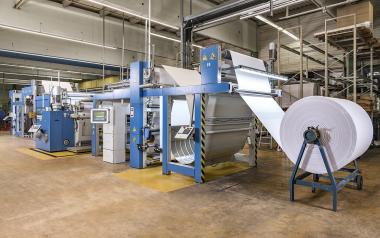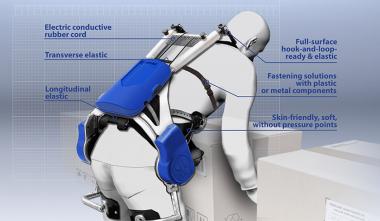RUDOLF GROUP: Bio-Based DWR Performance from Natural Sources
The RUDOLF GROUP is an uncontested agent of positive change especially when it comes to pioneering technologies that help transforming the textile and fashion industries. A shining example of conscious leadership played by the RUDOLF GROUP over the past decades is the invention and introduction of fluorine-free Durable Water Repellency (DWR) for textile and apparel. Since 2003, the RUCO-DRY product line has gradually convinced the industry that water-resistance can be achieved through the study and replica of natural models. “Biomimicry and the study of lotus leaves and bird’s feathers were instrumental in developing the very first fluorine-free DWR’s” says Dr. Gunther Duschek, Managing Director at RUDOLF GROUP.
Fifteen years later, RUDOLF GROUP does it again and takes a significant leapfrog. It pushes the boundaries of R&D well beyond fluorine-free, embraces nature and introduces water repellent performance entirely based on natural components. “We are launching two brand new, distinctive product propositions entirely manufactured from natural sources that do not compete with human and/or animal nutrition” continues Dr. Duschek.
RUCO®-DRY BIO CGR is an absolute breakthrough and the first Durable Water Repellent (DWR) agent based on plant-derived processing wastes. In fact, RUCO®-DRY BIO CGR is made of natural waste that accumulates as by-product during the processing of cereal grains in the food industry. The leftover material that would otherwise be disposed of is refined to create a powerful water and stain repellent textile finish.
“By turning natural waste into DWR we have optimized the biologic character of RUCO®-DRY BIO CGR where the active component is made of more than 90% bio carbon” states Dr. Dirk Sielemann, R&D Director at RUDOLF GROUP. He continues: “Although most of the product is composed by recycled biomass, RUCO®-DRY BIO CGR meets the performance and durability of conventional water repellent textile finishes”.
RUCO®-DRY BIO NPE is an equally outstanding product innovation where DWR is entirely based on a carefully selected mix of natural plant extracts. The well-balanced mix of plant-based ingredients combines excellent water and stain repellent effects with breathability and a natural handfeel.
Unlike other 100% renewable raw materials, those used in the making of RUCO®-DRY BIO NPE are chemically and genetically non-modified and are not used as food, feed or fuel. Furthermore, all of the plant extracts that compose RUCO®-DRY BIO NPE are subject to a strict conservation and sustainability framework. “That’s why the supply of RUCO®-DRY BIO NPE is likely to remain limited to the creation and marketing of performance outdoor and sports apparel programs embedding state-of-the-art sustainable technology” concludes Dr. Duschek.
Both RUCO®-DRY BIO CGR and RUCO®-DRY BIO NPE are marketed through the BIO-LOGIC trademark, registered by RUDOLF GROUP.
EFFE-BI SRL PR & COMMUNICATION


